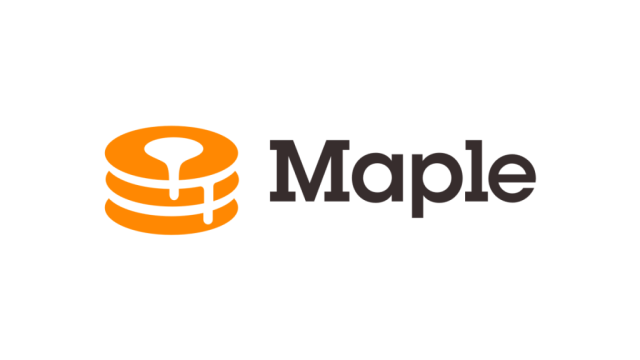DeFi Lender Maple Finance Unveils U.S. Treasury Management Pool
- Maple Finance has launched a cash management pool for U.S. Treasury Bills.
- The DeFi crypto lender’s new on-chain cash management pool will simplify access to U.S. Treasury yields.
- Maple’s new product will only be available to entities and individuals based outside the United States.
Maple Finance has launched a new cash management pool for U.S. Treasury Bill yields. The DeFi crypto lender’s new product will allow accredited web3 investors to access the pool that invests in one-month Treasury Bills, with no minimum lock-up period.
Maple Finance’s New T-Bill Pool Is Not Available For U.S. Customers
According to a blog post by Maple, the new product will enable decentralized autonomous organizations (DAO), offshore firms, Web3 treasures, and high net-worth individuals to park their idle funds in its pool for direct access to Treasury bill yields, whilst meeting their liquidity, risk and accounting requirements. However, the cash management pool will not be available to clients based in the United States.
This pool lets stablecoin holders focus on their core business activities whilst we take care of the technicalities. The access to banking and deposit services for startups has narrowed so the importance of having this service on-chain cannot be overstated.”
Maple’s T-Bill pool will offer investors the one-month Treasury bill yield. A 0.5% management fee will be applicable on stablecoin deposits. As per the current T-Bill rate, investors will get a 3.2% yield annually. All deposited funds will be directed to a special purpose vehicle (SPV) which lends it to Room40 Capital, an institutional crypto hedge fund that will act as the sole borrower from the pool to invest in the U.S. Treasury Bills. The DeFi crypto lender has simplified the onboarding process such that clients will be able to complete applications within 15 minutes.
Speaking on the new T-Bill pool, Maple developers stated that most on-chain risk-free offerings do not seem safe enough to attract investment from treasury funds. “Counterparty risk is either too high, assets too illiquid, too complicated with ETFs, or rates between 1-2% too low for the level of smart contract risk,” the developers added.
Source: Read Full Article


